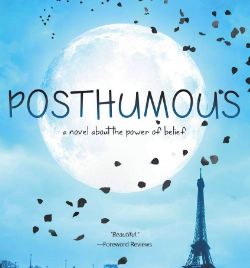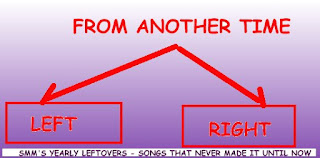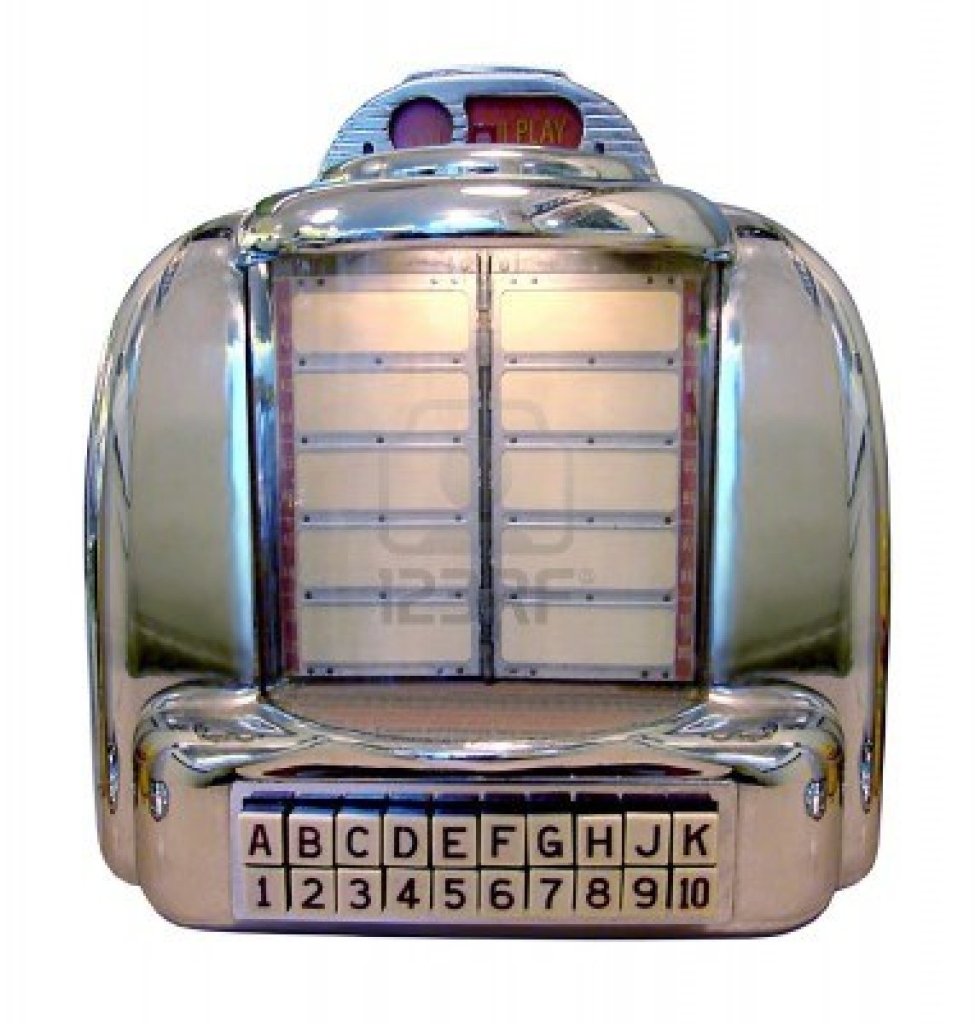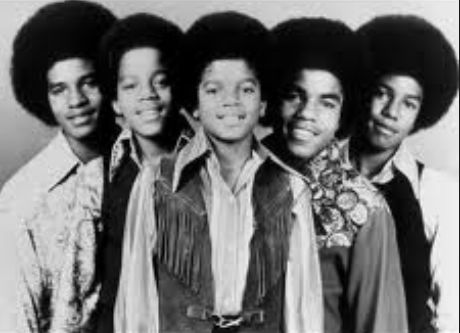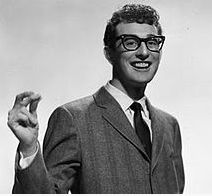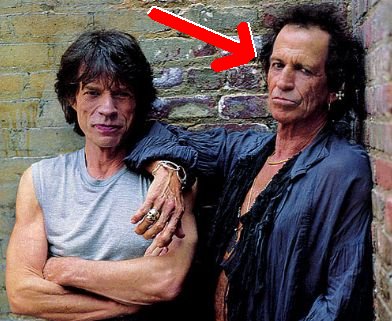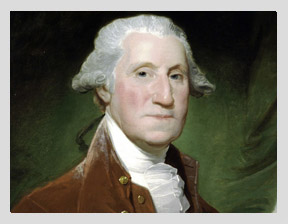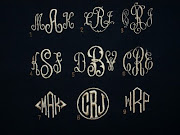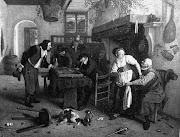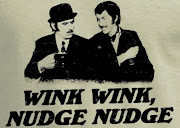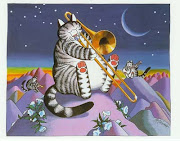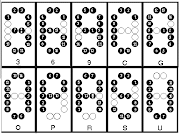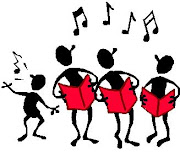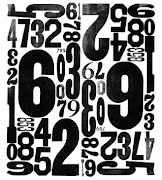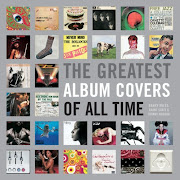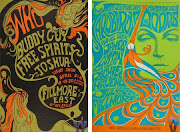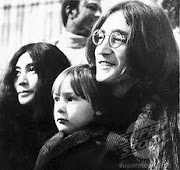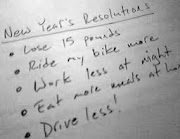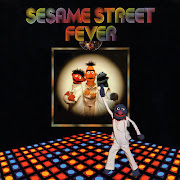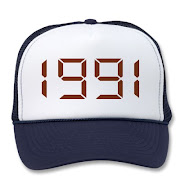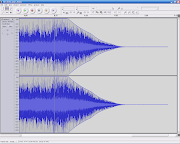Aretha Franklin (w/ Duane Allman): The Weight
[
purchase]
When I heard about this theme, I thought that I might try to write about some of the shortest songs in my library, but none of these songlets inspired me. So I decided to look at songs that just made the cut—the songs that clocked in at 2:59. I had a surprising number of these, and decided to see if any of them jumped out at me as a potential topic. That’s one of the great things about writing for
Star Maker Machine—our bi-weekly themes force me to reexamine my music library, and often I uncover songs that I haven’t listened to in a while, or other hidden gems. Today’s song is one of them, and it makes a nice transition from our Royal theme, too.
The
original version of this great, but enigmatic, song was 4:34, and the
fine cover by Diana Ross and the Supremes (and the Temptations) was exactly 3:00. The Staples Singers’ well-known
version was also 4:34, so it doesn’t work. But there is another version, one that was performed by the
Queen of Soul, Aretha Franklin, with Duane Allman on slide guitar, that is exactly 2:59. Bingo. It is a damn good version, which some believe is even better than the classic original, and that’s a tall order. I’m embarrassed to say that despite the fact that I have a copy of it, I was essentially unaware of it. By the way, “The Weight” has been covered many times, by many different artists (
here’s an article from my other blogging home, but not by me, featuring five good ones).
Also, being a Band song, there is an ongoing dispute about who should have gotten credit for the song—it is officially credited only to Robbie Robertson. Levon Helm, who ended up disliking his bandmate just a bit (One
quote from Helm on Robertson: “I hate the motherfucker. “I’d kick his ass if I can get to him. He’s a thieving, lying son of a bitch.”) has stated that the lyrics were 60% Robertson, Richard Manuel and Rick Danko about 20% each, and 5 or 10% for Helm (proving that Levon was a better musician than mathematician), and that Garth Hudson should have gotten some credit for the music. Whoever wrote the lyrics, their symbolism has been subject to a great deal of discussion over the years, and
here are only
a few examples of attempts to explain them.
Aretha’s 1970 album,
This Girl’s In Love With You, from whence the featured song comes, was recorded at a difficult time for Franklin, both personally (her marriage had recently ended) and professionally. The album is filled with covers of pop songs, including two Beatles songs, in an apparent attempt at crossover success. Half of the album was recorded in Miami, where she often was late to sessions because she was in her suite at the Fontainebleau Hotel cooking soul food, and the other half was recorded in Muscle Shoals, Alabama’s legendary FAME Studio, where she had initially established her reputation. Many reviewers dismiss the disc as a mishmash and uninspired.
At the time that Franklin was recording part of the album in Alabama, Duane Allman, who had been playing with, among others, his brother Gregg, in the Allman Joys and Hour Glass, and who had cut some demos with Gregg and future Allman Brother Butch Trucks, as The 31st of February, was working as a studio musician at the FAME Studios. He either was invited by owner Rick Hall, or just showed up looking for work, but either way, he was put to work on a number of songs, including a great, Grammy Award winning instrumental cover of Joe South’s “
Games People Play,” with King Curtis on sax. His unmistakable slide guitar part meshes well with Franklin’s vocals on “The Weight,” which, not surprisingly, skew toward a religious, gospel interpretation of the song, that may not actually be there (the Nazareth in the song, for example, is actually in Pennsylvania). Also backing Franklin on the track was the great Muscle Shoals rhythm section, Roger Hawkins, Jimmy Johnson, Barry Beckett, and David Hood, known as The Swampers (later memorialized by Lynyrd Skynrd in “Sweet Home Alabama”). For more background, check out
this fine documentary about Muscle Shoals.
In reviewing
This Girl’s In Love With You, critic Robert Christgau wrote: “I admit that when she sings "The Weight" it sounds as if she knows what it means. But I still don't.” On the other hand, album producer Jerry Wexler had second thoughts about the song, later stating that despite the fact that the song charted on both the R&B and Hot 100 charts, “I regret having submitted that song to her. . . . this is where commercial stupidity and greed got the upper hand in me.”
But the great thing about music, or art of any kind, for that matter, is that each audience member gets to decide whether you think something is great, trash, or something in between. I know what I think about this song, and I suspect that after listening to it, you will agree with me and Christgau, and not Wexler.





































